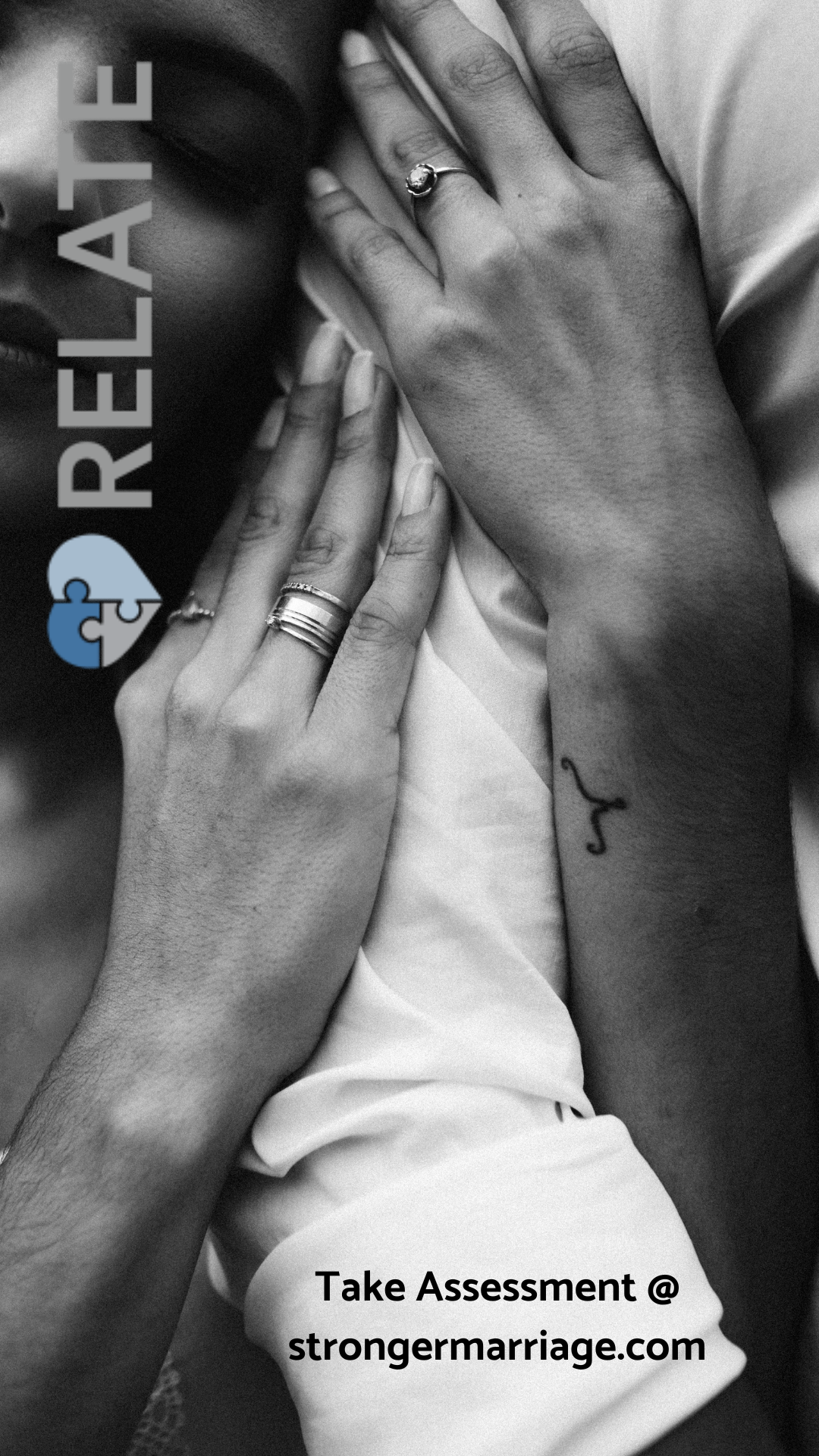
Conflict is often an unavoidable truth of life. Conflict represents differences in people’s thoughts, beliefs, values, and actions. As such, conflict is inevitable, particularly in close relationships. Conflict is typically portrayed in a negative light due to the potential negative outcomes that can follow disagreements, such as divorce and problematic relationships. However, not all conflict is bad or will lead to these adverse outcomes. Sometimes, conflict is beneficial because it can bring people closer together. Therefore, it’s not the conflict itself that has implications on relationship outcomes, but rather how the conflict is being managed.
Based on common conflict management behaviors, conflict has been categorized as either destructive or constructive:
Destructive conflict management behaviors include the following characteristics:
- Reactive and unregulated responses to interpersonal problems
- Open hostility
- Verbal aggression that may escalate to physical abuse
- Personal insults
- Coercion
- Threats
- Arguing about multiple issues at once (i.e., not staying on the topic of disagreement and using the opportunity to bring up past hurt to win the argument)
- Withdrawing from conflict altogether
Overall, individuals using destructive conflict management strategies attempt a discussion by yelling, insulting, criticizing, belittling, blaming, and manipulating the other person’s actions.
Constructive conflict management behaviors consist of the following characteristics:
- Mutual respect
- Regulated communication
- Positive affection
- Focusing on the origin of disagreement(s)
- Progress toward resolution
Individuals engaging in constructive behaviors tend to have a relatively positive reaction to problem solving. Despite differences in opinions or beliefs, they are more prone to calmly discuss problems, engage in active listening, say nice things to each other, provide support and affection, and use humor to alleviate any tension. They are also open to compromise and negotiate to arrive at the mutually satisfying solution.
Conflict Behaviors and Child Development
The conflict strategies described above can be applied to any type of relationship. With a specific focus on family processes and child development, interparental conflict (IPC) has received increased attention from family scholars. IPC is conflict between the parents of a child/children. There has been much debate around whether IPC benefits or inhibits a child’s development. However, when drawing a distinction between constructive and destructive conflict behaviors, it seems logical that the two would be differentially linked to both parenting and child’s developmental outcomes.
Conflict and Parenting
Have you ever noticed that if you have a dispute with your partner or spouse then you are likely to be harsher in your parenting behaviors? If you have, it does not necessarily mean that you are a bad parent. It is quite normal for parents to experience this type of spillover. In fact, this possibility is explained by the spillover hypothesis, which suggests that feelings and behaviors present in the interparental relationship contaminate other family functions, such as parenting. When parents are plagued by destructive conflict, they are likely to engage in problematic parenting, including:
likely to engage in problematic parenting, including:
- Inconsistent discipline
- Unsupportive reactions to child’s behaviors
- Control their child through guilt
- Shaming the child
- Over or under involvement in the child’s life
How to prevent the spillover of negative behaviors? You can learn to replace destructive strategies with constructive ones. How? One way is to become aware of the impact that destructive conflict has on other areas of your life, and to have a sincere desire to make a change. Additionally, there are intervention programs that focus on couple relations. For example, Healthy Relationships Utah has a class that focuses on various relational factors, such as communication, resiliency, commitment, and forgiveness. Just by participating in the program participants become more aware of how their behaviors impact other family members. Therefore, even though the program does not specifically tackle conflict, participants can learn skills that they can use to unlearn destructive strategies and replace them with constructive conflict management behaviors. An added benefit is that Healthy Relationships Utah courses are free of charge to the public.
Another great resource is the Utah Marriage Commission website, which includes a variety of webinars and podcast series on topics related to budling stronger relationships. Whether you are single or in a relationship, you can benefit from taking an assessment that will help you become more cognizant of your own behaviors. For example, if you are in a relationship, you can access RELATE assessment that will help you determine if there are aspects of your personality that you could work on to improve your relationship. If you are single, perhaps you could learn about some personal beliefs that are holding you back from being in a relationship and connecting with others in a meaningful way (access READY assessment). Thousands of people have benefitted from this information, and you can too!
Conflict and Child Development
Learning constructive conflict management skills will benefit the individual, couple, and children. Research shows that children’s exposure to constructive behaviors has been connected to their ability to regulate their own emotions, perform better in school, and have more confidence in their own relationships. On the contrary, when parents argue in destructive ways, children have shown to exhibit maladaptive outcomes, including worse anger management, increased delinquency, and insecure attachment styles.
Children learn by observing and imitating their parents. Have you ever been completely blindsided by your kid saying a swear word, only to remember you said the same word earlier that day? Children are very impressionable and so much care needs to be taken in what they are learning from you and your spouse. If you want your children to act a certain way, you must set an example first. As the adage goes, “actions speak louder than words.”
Additionally, for children, their parents are their entire world. If something is wrong with their parents’ relationship, even if fights are behind closed doors, children can still notice the overall atmosphere of their environment and nonverbal body language. Worse yet, they may be thinking that they (children) are the reason their parents are not getting along. Due to destructive IPC, children may lack confidence in the stability and safety of their family, a term known as emotional insecurity. Emotional insecurity, in turn, is related to many psychopathological problems, including behavior problems, academic underachievement, and cognitive impairment. In families where constructive conflict resolution is more common, children are much more likely to develop emotional security that is more conducive to healthy development.

